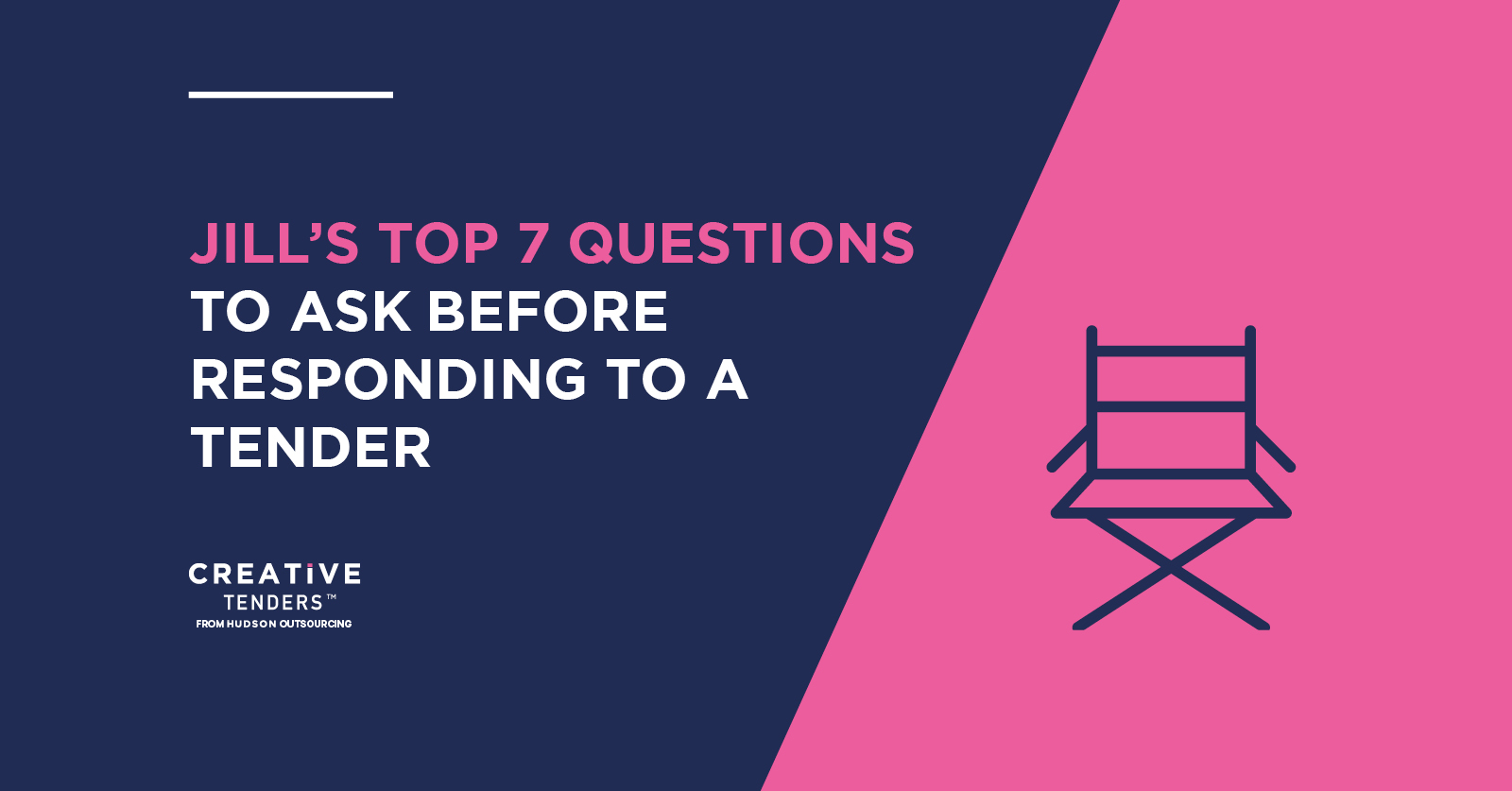Media Monitoring Tenders
What are Media Monitoring Tenders?
Do you wish to grow and develop your media monitoring business? Because tenders offer you a potent means of gaining new contracts and connections with organisations. Many use tendering as a means of growing their business for this reason.
Different industries will usually have their own specifics when tendering, but the basic idea is always the same. Tendering is a formal process where an organisation (the ‘buyer’) posts a contract that other companies (the ‘suppliers’) can bid for. Many public and private sector organisations recognise the value tendering brings as a fair and transparent procurement method. Buyers aim to acquire the most economically advantageous tender, which you may have heard referred to as ‘MEAT’.
Tendering presents many opportunities for contracts to bid for. However, this means that others seeking the same opportunities will give you intense competition. If a contract stands out to you, it will stand out to rival businesses! This is why producing an excellent bid is vital, as you need to show why your media monitoring business deserves the contract!
The Tendering Process
If you’re new to tendering the process might seem long and overly complicated. For now, we’ll provide an overview of the basic facts you should know. Media monitoring is grouped with creative tenders, so most of the time they are Requests for Proposals (RFPs). RFPs involve the buyer providing the supplier with a specification to produce a creative project from. For these tenders the proposal format is typically free-form, imposing very few restrictions or limitations.
Remember: creative industries want to see the level of quality behind content you produce! Regardless of the exact service they are seeking, if a buyer sees an excellent quality bid they will be assured of your outstanding media monitoring services. In other words, this is a good opportunity to display your skills!
Of course, not all tenders are RFPs and media monitoring may involve different approaches to the majority. Because of this, we can also look at the generally important steps of bid production:
- Opportunity – The tendering opportunity listed by the buyer.
- Pre-Qualification Questionnaire, or PQQ – If it’s a closed tender, a PQQ is given for suppliers to complete. If you pass this stage, you move onto the…
- Invitation to Tender, or ITT – Suppliers will begin the process here if it’s an open tender.
- Evaluation – After receiving all the tender submissions they begin marking them against their specific criteria. Buyers consider which tender best meets their needs, and generally which is the MEAT.
- Contract – After evaluating all submissions and determining the MEAT, the buyer awards them the contract. Now the successful supplier can begin work!
Is Tendering the correct choice for a Media Monitoring Business?
For any business, finding the perfect contract is vital in efficiently growing. With media monitoring, this is especially true. Media monitoring businesses fall into the creative sector, which makes up a significant amount of the UK workforce. Jobs in this sector are posted much more frequently compared to other sectors. Do consider though, even if there are countless jobs available not all will be for you. Perhaps more importantly, even relevant jobs might not be the best move for enhancing your business!
Tendering is exactly what you need. Through searching tendering portals you can narrow down your options to find the exact contracts that your business wants to work on. Opportunities to work with even well-known companies and organisations will present themselves too. This is especially notable for suppliers that are smaller businesses (SMEs), as ordinarily you may be looked over in favour of a larger, more reputable business. Tendering keeps the competition even! Your success will be determined by the quality of your bid compared to others, so rather than being ignored you get the chance to show off!
Do remember: Tendering is not just a way to quickly gain a single new contract. By winning media monitoring tenders you will massively expand your professional portfolio. Then, you will continue to be exposed to amazing new opportunities that you are more likely to secure thanks to your expanded experiences.
How to find Media Monitoring Tenders
We mentioned above that tender portals are where you will usually find opportunities. At Hudson Outsourcing we endeavour to help all who wish to tender. To this end, we have developed tender portals for a variety of sectors. Hudson’s team of Opportunity Trackers search through thousands of sources every day to ensure every opportunity is tagged correctly — we can offer the most streamlined experience for suppliers when searching. Instead of wasting time filtering through irrelevant postings, you can directly find the best, most relevant tenders for your business.
For media monitoring tenders, our Creative Tenders Portal is where you’ll want to look.
Here are some examples of previous Media Monitoring Tenders sourced by Hudson:
- EU Media Monitoring
Buyer: Office of Rail and Road
Location: London
Budget: £45,000
- Election-Related Media and Social Media Monitoring in the Philippines
Buyer: Westminster Foundation for Democracy Ltd
Location: London
Budget: £45,000
- Media and Social Media Monitoring
Buyer: Senedd Cymru/Welsh Parliament
Location: Wales
Budget: Undisclosed
If you would like to see even more media monitoring bids we worked on, feel free to visit our Creative Tenders Portal. You can also find previous bids from other branches of the marketing field, and various other creative tenders to provide a broad view of our work.
How can we help?
A subscription to Creative Tenders provides you with:
- Access to all new public and private sector digital marketing contracts across the UK.
- A daily email bulletin is sent straight to your inbox when new marketing opportunities are uploaded.
- Discounted support from Hudson Succeed (our bid writing division).
- 20 minutes of free consultancy with one of our Bid Management Consultants each month.
Also, we source opportunities for sectors including:
- Events Management
- Digital Services
- Design
- Graphic Design
- Website
- Video Production and many more.
Book a free live demo with Creative Tenders to see how we can help your business grow.
Need additional support?
You don’t always have the time or resources to write a winning response in-house. Outsourcing to bid writing experts can help. Our sister company, Hudson Succeed, offers four levels of bid writing support.
They boast an 87% success rate and have over 60 years of bid writing experience.
The services on offer include:
- A Tender Writing service
- A Tender Ready programme
- The Tender Improvement package
- Tender Mentor.
How to get contract-winning bids
You can absolutely complete all your bid submissions from within your agency. However, this can pose an issue if the buyer requires an especially long or complicated bid, and that’s before considering how you might fit this into a schedule already filled by your normal contracted work.
We also offer free consultations if you would like to discuss what is the best approach for your PR agency. On top of offering our bid writing services, we can also advise you on your existing tender strategies and provide guidance if you wish to produce a bid independently still! You can call us on 0203 051 2217 or email us at hi@tenderconsultants.co.uk.



